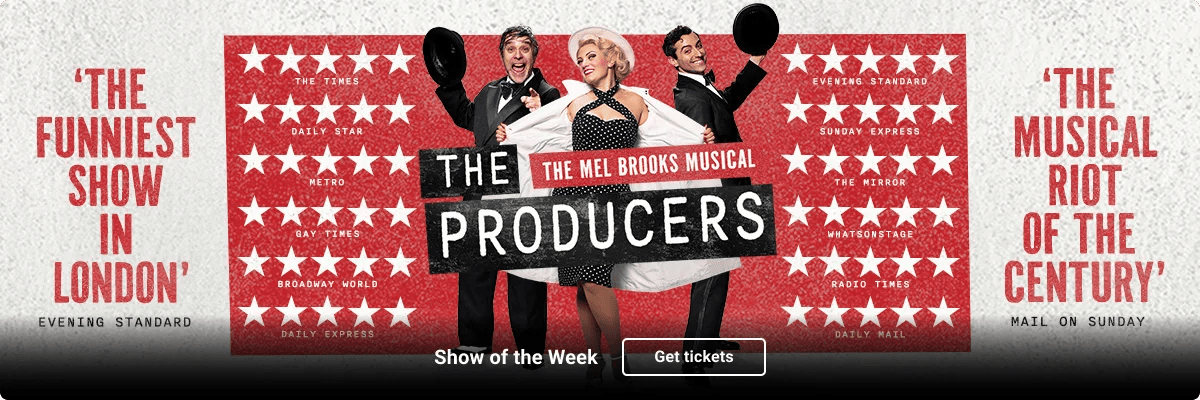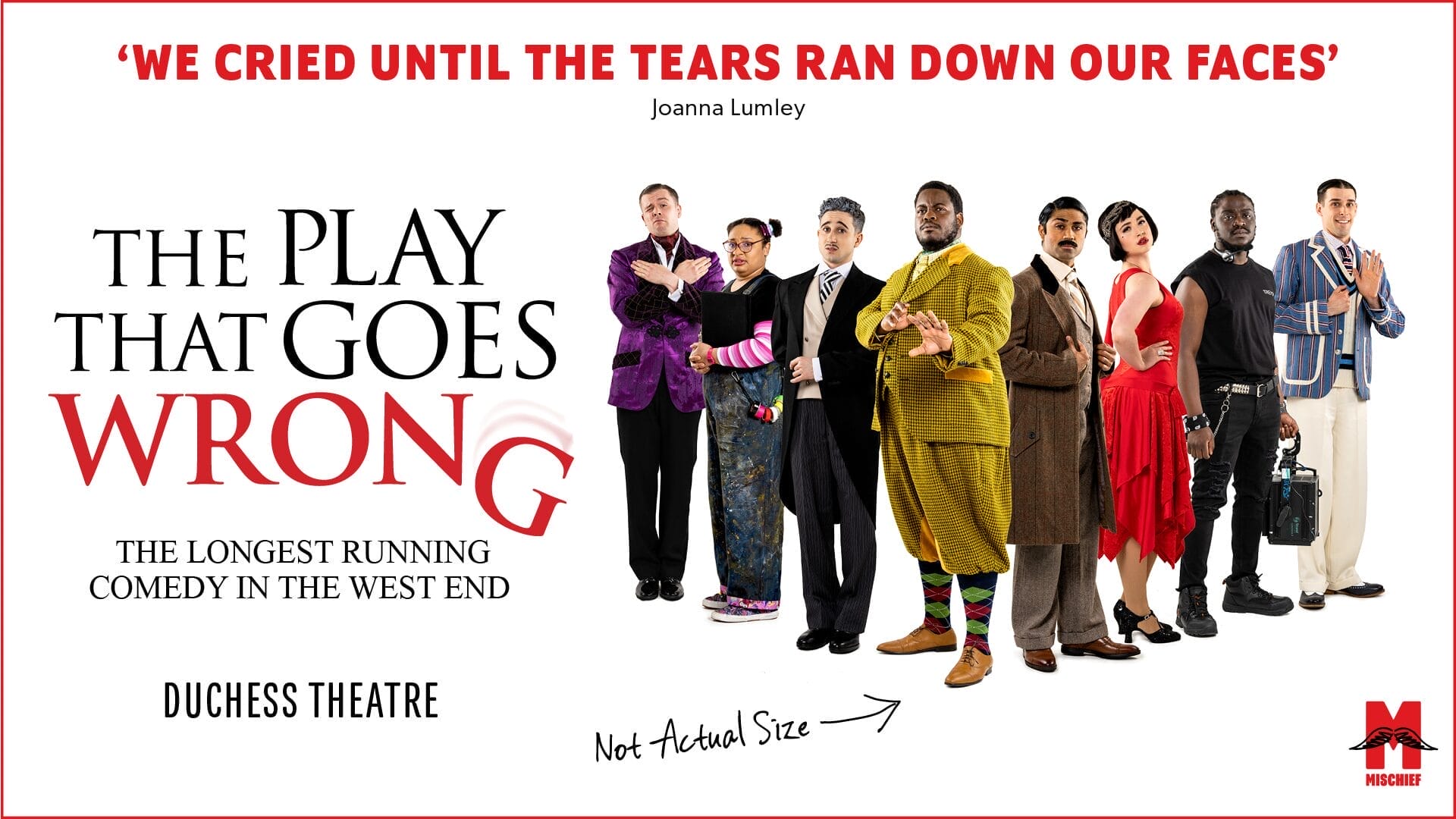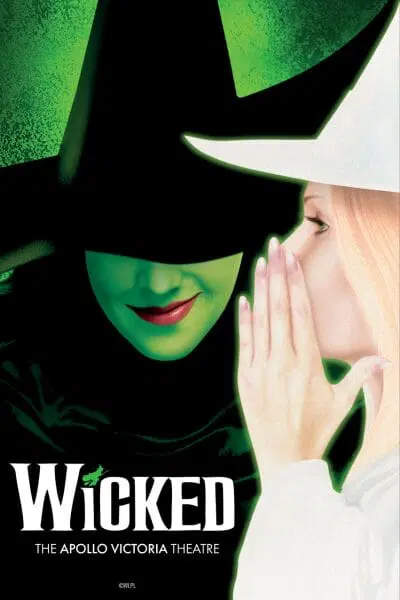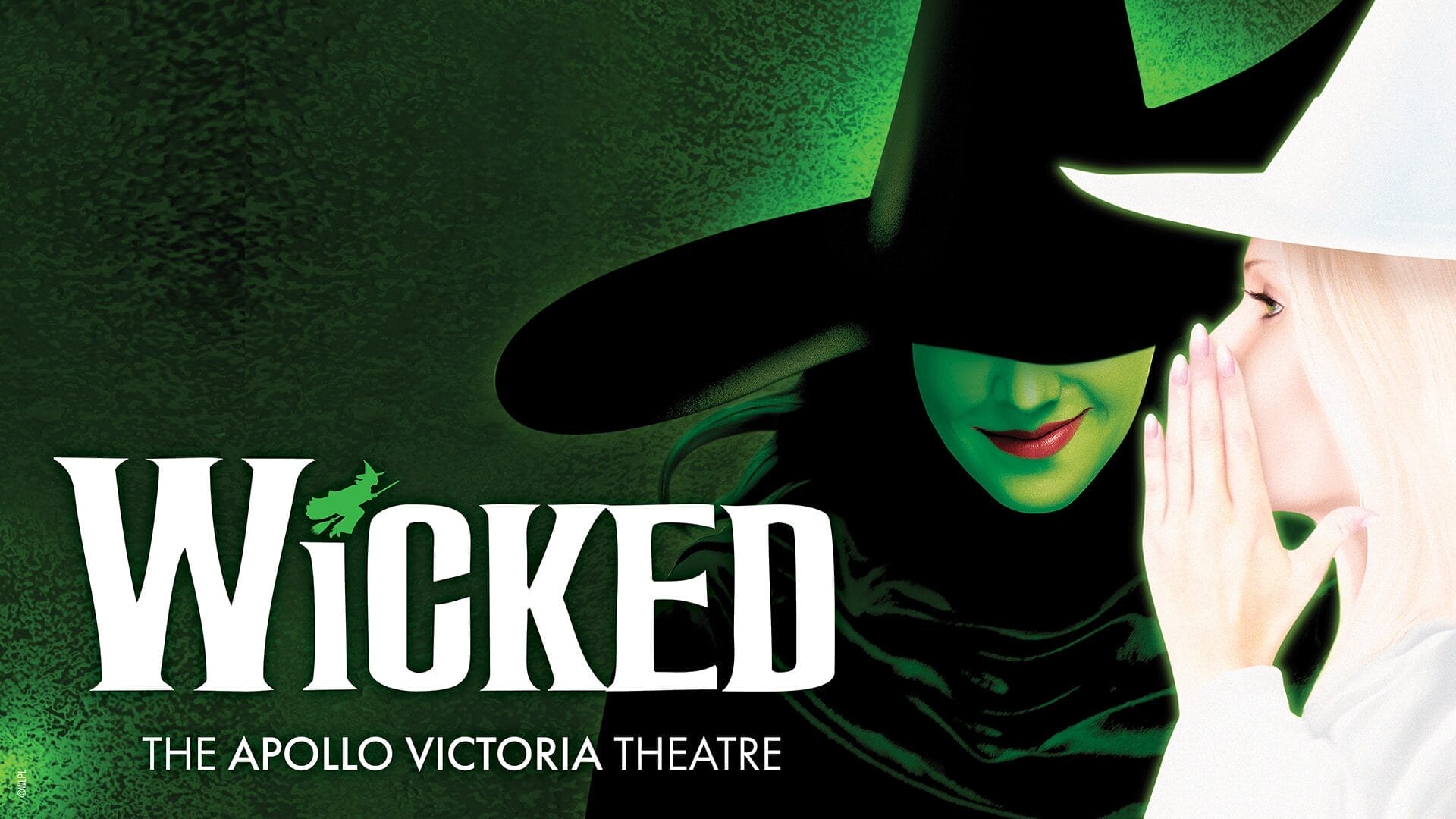 Kim Davies set out to write an adaptation of Miss Julie, though this production of Smoke, having its London premiere at Southwark Playhouse, feels light years away from Strindberg’s original. Transposed to 2012, Julie and John meet in the kitchen, not of a country manor house, but of a trendy New York City apartment, where on the other side of the door a BDSM party is unfolding.
Kim Davies set out to write an adaptation of Miss Julie, though this production of Smoke, having its London premiere at Southwark Playhouse, feels light years away from Strindberg’s original. Transposed to 2012, Julie and John meet in the kitchen, not of a country manor house, but of a trendy New York City apartment, where on the other side of the door a BDSM party is unfolding.
The couple are strangers yet know each other. John works as an intern for Julie’s father and any awkwardness of them meeting at a sex party is quickly overcome, but it does become a chess piece in what unfolds to be a complex power struggle.
There’s an element of kink to Smoke, but it’s not kinky. The BDSM party is merely a backdrop to a wider conversation about consent and power, and how the two overlap or diverge at multiple points throughout this ‘relationship’.
John is a ‘het-dom’, that is heterosexual and dominant – though he’ll switch for the right person we’re told. Julie is, or perhaps just wants to be, submissive. This should be a match made in heaven, but the pair seem intent on hurting each other, and not always in the sexual way fellow party-goers might be exploring in other rooms of the apartment.
Directors, Polina Kalinina and Júlia Levai have switched away from Strindberg’s famously naturalistic style to the polar opposite. Sami Fendall’s set is an overturned fridge in a pit of black sand and coal, but it gets the point across. When the characters smoke, it’s sand running through their fingers that conveys the point, and when they begin to ‘play’ the sand and coal again represents the physical acts that would undoubtedly have been too graphic for the Southwark Playhouse stage.
Smoke is performed in the Little, the smaller of Southwark’s two spaces, so it does feel incredibly intimate; as if we’re all squeezed into that kitchen, us being voyeurs to Julie and John’s twisted and flirtatious power struggle. Davies’ script doesn’t quite go far enough with the characters, again starkly opposing Strindberg’s Faire Vrai, and leaves their motivations too vague, and the purpose of it all feels just out of reach.
The play was written and is set before the rise of #MeToo, so audiences today are probably viewing this story in a very different way to when it was first performed off-off-Broadway, or even at a later run at the Edinburgh Festival Fringe. What the script does do well is ask difficult questions about consent; when it’s given, when and how it’s withdrawn, and when is the line crossed between a ‘dom’ and a ‘sub’.
Although the script probably needs to give the audience a little more to work on, as Julie and John, Meaghan Martin and Oli Higginson give explosive performances, made all the more astonishing by the fact they are married in real life. Martin plays the supposedly weaker Julie with unfettered innocence, before switching to a more dangerous character all together. Higginson also superbly captures the dichotomy of John, wielding power over Julie before going weak at the knees when his boss calls him. There’s one scene close to the end when Higginson’s performance is so fiery, gasps could be heard around the auditorium.
Smoke is fascinating in the way it asks questions that appear to have simple answers, but leaves you wanting to interrogate them further. This non-naturalistic staging works well, in that it takes the audience away from the setting, and focusses them on the intent. But it’s the smouldering chemistry between its two stars that makes Smoke a thrilling watch.

















